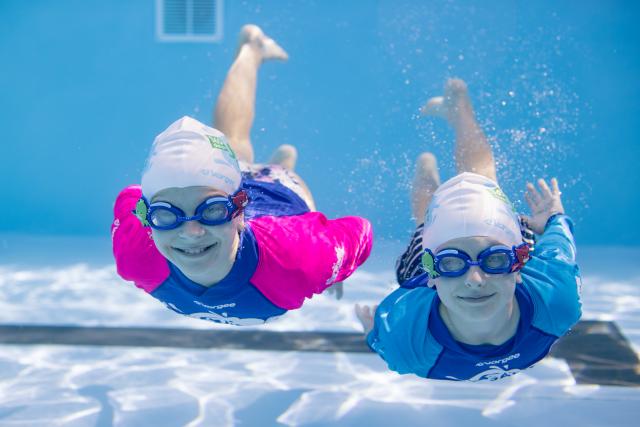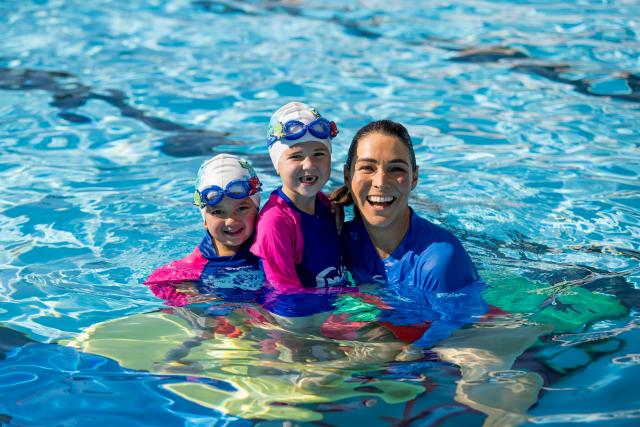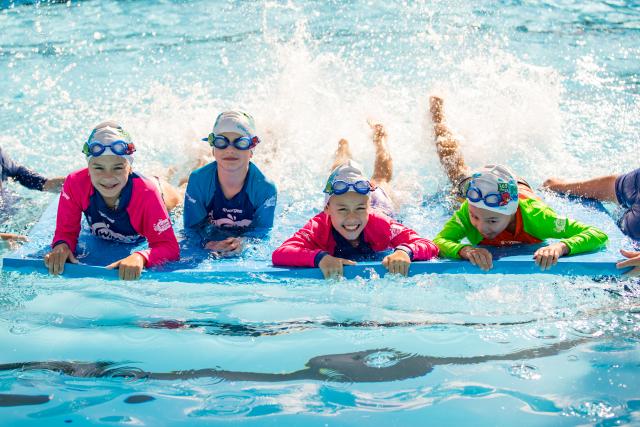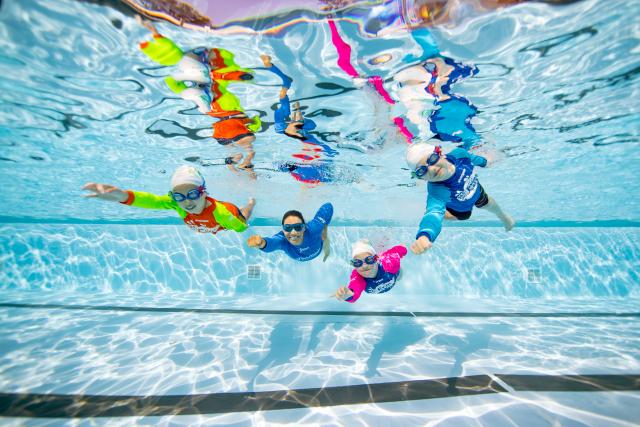Swimming is part of Australia’s national identity and one of the most popular physical activities undertaken by Australians.
But the annual SWIMSAFER Report reveals two in five (43 percent) families don’t have their children enrolled in lessons because they believe they are too young to learn to swim.
More than half (54 percent) of Aussie parents are not confident their child has the skills to help themselves if they get into trouble in the water.
In addition, 16 children aged between zero and four years old drowned last year, with a quarter (25 percent) of incidents happening in either backyard pools or the bath.
Pushing further towards the goal of zero drownings, industry leader AUSTSWIM joined November’s SWIMSAFER Week campaign.
“It’s very concerning that over half of parents are not confident their child has the skills to help themselves in a water emergency,” AUSTSWIM CEO Bradley Low said.
“By the age of six months, children can start infant learn to swim programs, where the child explores and enjoys the water with their parents.
“Kids are exposed to water of all forms right from birth, so it’s important they get comfortable in and around water as early as possible.”
The cost-of-living crisis has impacted parents’ ability to teach their kids to swim, with more than a third (38 percent) of parents believing swimming lessons are too expensive.
But the SWIM It Forward initiative is aiming to raise funds to remove the financial barrier and allow more disadvantaged Australian families to enrol in swimming lessons.
SWIM Australia CEO Brendon Ward said: “The reality is cost of living pressures have been a concern for many families this year and unfortunately some parents have taken their children out of swimming lessons to manage financial constraints,” he said.
“The flip side is close to half of the parents surveyed kept their children in lessons by sacrificing spending on weekly takeaway, coffees, streaming services, and beauty treatments.”
“We know that the zero to five years age group is particularly vulnerable to drownings, which is why it is imperative that we change the belief held by some parents that their child is too young to start water familiarisation lessons.”











